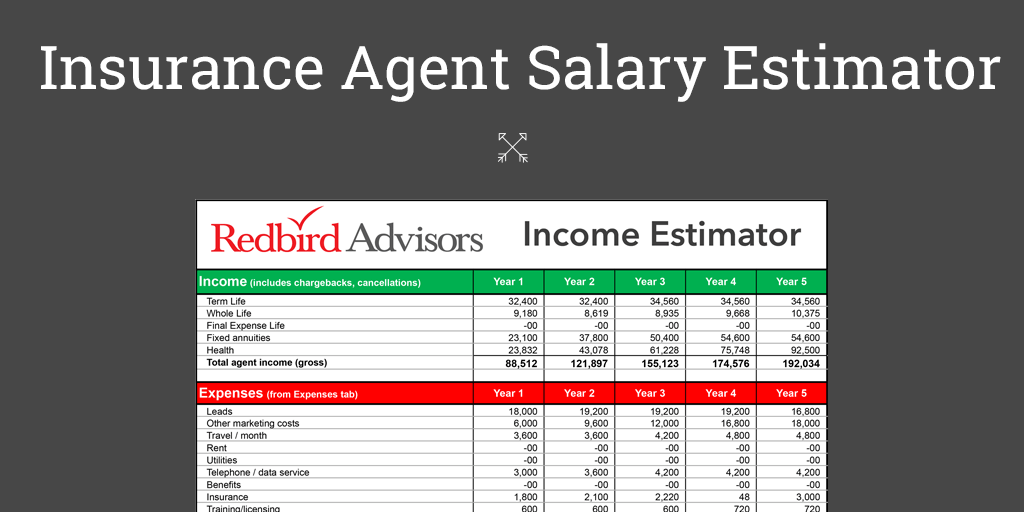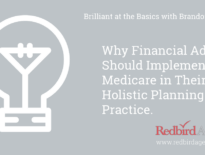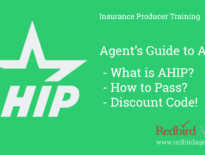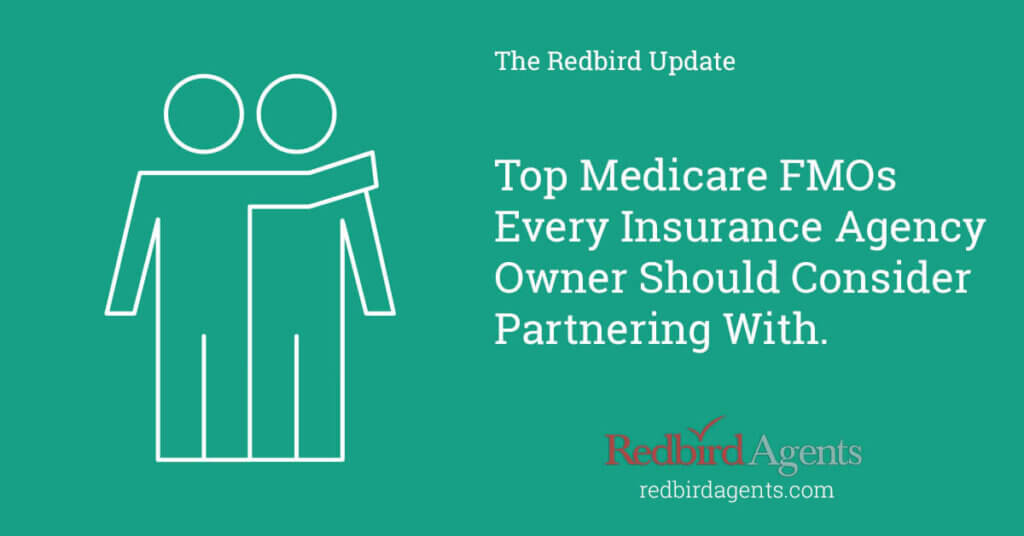
Are you looking for a Medicare FMO?
Whether you’re an existing agency looking for a new growth partner, brand new to the health insurance business, or a seasoned independent agent, finding a great Medicare FMO can take time, and honestly, it should. A good FMO is your pathway to accessing the right insurance companies that fit your growth plan, a critical ingredient to scaling your insurance agency.
Choosing an FMO is a big decision, don’t take it lightly!
This article will help you three ways:
- Understand what an FMO is, their role in your agency, and the expectations you should have when choosing one. Basically, the good, the bad, and the ugly! 🙂
- Demystify the hierarchy structures…it’s not as interesting as you may think.
- Get introduced to 9 FMOs that I have personally worked with in various capacities over the years, and most importantly, know and trust.
What is a Medicare FMO?
FMO stands for field marketing organization, an organization that streamlines and staffs support teams for sales distribution in the senior market.
This a term that is defined by the insurance carriers that award top contract levels to field marketing organizations.
Approved Medicare FMOs are required to work on behalf of the insurance carriers they represent to support independent insurance agents across the country and drive sales production.
Sometimes you get lucky, but unfortunately many agencies have to kiss a few frogs before finding their prince. Fortunately for you, we have taken the time to review, meet, and work with each of these groups listed below, and the common denominator across all of them is they are filled with high performers and reliable support for agencies selling Medicare and health insurance.
If you’re a general agency (GA) or managing general agency (MGA) and considering changing your Medicare FMO, or an independent agent just getting started, we think you should consider these FMO options.
Want to Discuss Your Medicare FMO options?
9 FMOs I Know and Trust
| FMO | Great Contracts | Great Training | Contact Name |
|---|---|---|---|
| Senior Market Advisors | |||
| Parker Marketing | |||
| Buffalo Health Advisors | |||
| Clutch City | |||
| Tri Star Senior Advisors | |||
| The Bedrock Group | |||
| Precision Senior Marketing | |||
| Amerilife Marketing Group |
Medicare FMO FAQs
Let’s dive into some common questions to help clear up some items and provide some clarity on some things that can often confuse agency owners.
What does an FMO do?
An FMO should serve your agency as your support and growth partner by providing a stable foundation that allows you to run your business and stay focused on growth initiatives.
The most common things you should look for in an insurance FMO are the following:
- Various Insurance Products: An FMO is your pathway to getting contracted to sell the various Medicare plans in the market as well as other complimentary products. A Strong portfolio of insurance products including but not limited to Medicare supplement insurance, Medicare advantage plans, prescription drug plans, life insurance, and other ancillary products like final expense life insurance, hospital indemnity, and dental plans that are available both regionally and nationally.It’s not uncommon for a company to offer hundreds of plans to allow agencies full customization of delivering on their strategies.
- Top commission levels. Be careful with this one. Every single group you talk to is going to tell you they have the top commissions. It’s a commodity, but still something you should understand when reviewing and making your decision. Every Medicare company has different requirements for contract levels and if you don’t meet those requirements, they won’t let you contract at that level. In that instance, your FMO should explain to you the exact requirements or steps needed in order to meet the specific levels.
- Free Quoting tools: CSG is the most common, but more insuretech companies are hitting the market with strong alternatives. A strong FMO will have this readily available.
- Enrollment tools: Online enrollment tools are critical to stay up to speed with how the insurance companies are adapting to technology and streamlining the new business and growth process. Most common right now are Sunfire and Connecture.
- Marketing materials: This probably sounds like a given, but many companies don’t invest in the support staff to be able to properly deliver marketing materials within the busy and unpredictable schedule that agents and agencies have. And, it’s not just product or carrier marketing materials, you should have access to prospecting programs that help you drive sales.Marketing materials that support how you and your team execute sales strategies in doctor’s offices, pharmacies, food pantries, lead programs, and other various grass roots community initiatives to drive enrollments. And, marketing materials that can be branded for your agency!
- Lead programs: Lead generation is a big one and always a moving target. This is a big one and always a moving target. Lead programs are in abundance and you should expect your field marketing organization to stay proactive on the various lead programs available in the market place. Common leads are direct mail, digital, and warm inbound transfers.
- Training webinars:Strong commitments to growth! Weekly training should be available as the Medicare landscape is in constant motion. Agents should be making attendance to webinars a priority in their business as it is a critical component to you ongoing education.Samples should include compliance approved sales scripting and enrollment language, sales psychology, the dos and don’t of Medicare marketing, new carrier products and other sales and operational topics that support the growth of your agency.
- Financial Support: Co-op dollars, aka, financial support to help with your annual marketing costs for AEP and year round sales. Field marketing organizations at the top of the hierarchy with the insurance companies can provide financial assistance that can be used for a variety of agency growth initiatives.
- Open Release: Open release programs or a defined release policy should be something field marketing organizations are used to discussing with potential new agencies. This allows you as the agency owner to know what you are committing to upfront with your new upline.
- Compliance Support: Compliance insight and oversight will help speed processes up and keep time freed up to stay focused on selling.
How does the FMO hierarchy work?
This question can often cause some confusion.
For starters, FMO is a common acronym that typically sits at the top of the commission hierarchy for any given insurance company. Sometimes it’s not FMO, and the insurance company uses NMO or IMO instead (basically tomayto, tomahto). But for this discussion, FMO is the top contract that is direct to the insurance company with no other entities in between.
The entity with the FMO contract controls all the compensation levels from the top all the way down to the street level insurance agent.
Here is the part of the hierarchy structure that needs some clarity.
- There will always be scenarios where your current “FMO” is a true FMO with a few companies, but not all.
- They will have really strong levels with some companies, but the levels aren’t technically FMO level, despite being strong and competitive.
- FMOs use other FMOs all the time.
- It’s extremely rare to work directly with a company that holds an FMO contract with every single carrier they offer, I might even be as bold as saying, this scenario doesn’t exist.
So, why is this important?
It’s important because it sets your expectation as an agency owner as you and your agents begin the onboarding process or transition of existing contracts. During the onboarding process you may see another companies name while completing your contract, this is NORMAL and shouldn’t be cause for concern.
It doesn’t mean they are being shady, it doesn’t mean that they aren’t capable of FMO contracts, it’s just a scenario where they are leveraging another company for that specific contract.
For some reasons, agency owners over the years question this scenario and I think it’s simply a communication problem that if you know the landscape ahead of time, it won’t come across as a surprise.
Interview your FMO, ask good questions, ask for transparency and pathways for growth, and trust your gut at the point you’re ready to make a decision.
Below is an easy way to visualize how the hierarchy structures work.
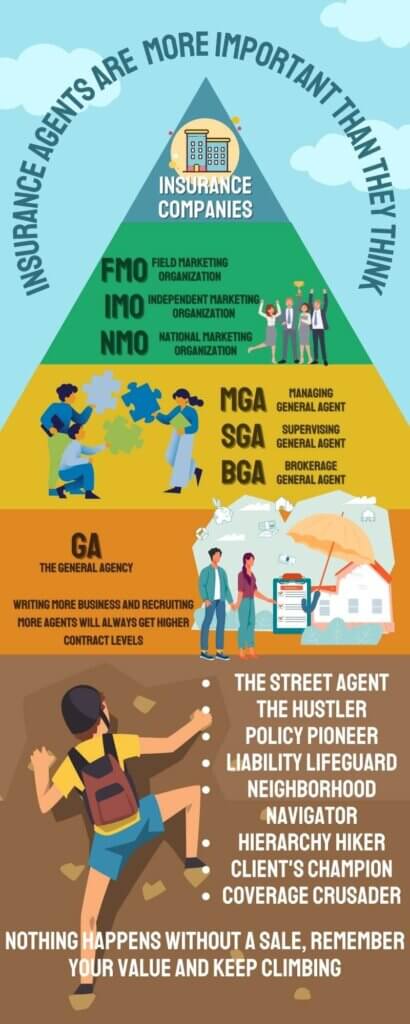
How does an FMO get paid?
FMOs are paid override commissions from all product lines sold by Medicare agents that use their services. This includes life insurance, annuities, and ancillary or supplemental benefits such as hospital indemnity.
For example, if you’re an insurance agent and you sell a Cigna Medicare Advantage plan or Medicare supplement, you are paid your commission from the insurance company and your FMO is also paid a commission from your enrollment.
In short, the larger you grow your Medicare sales book of business, the more commission your FMO will earn on those enrolled health plans. They are compensated directly for their ability to provide exceptional agent support which translates to sales volume.
What is the difference between an IMO and FMO?
IMO stands for independent marketing organization and serves the exact same purpose as an FMO, the only difference is usually the compensation level.
In fact, many insurance marketing organizations in the insurance industry use the terms IMO and FMO interchangeably as they are both top-tier wholesale level contracts.
Lastly, the other reference commonly confused is the NMO, which is national marketing organization. This is another example of a top-tier carrier contract that is sometimes interchangeable with field marketing organization, it just depends how the insurance carrier defines their contract levels.
